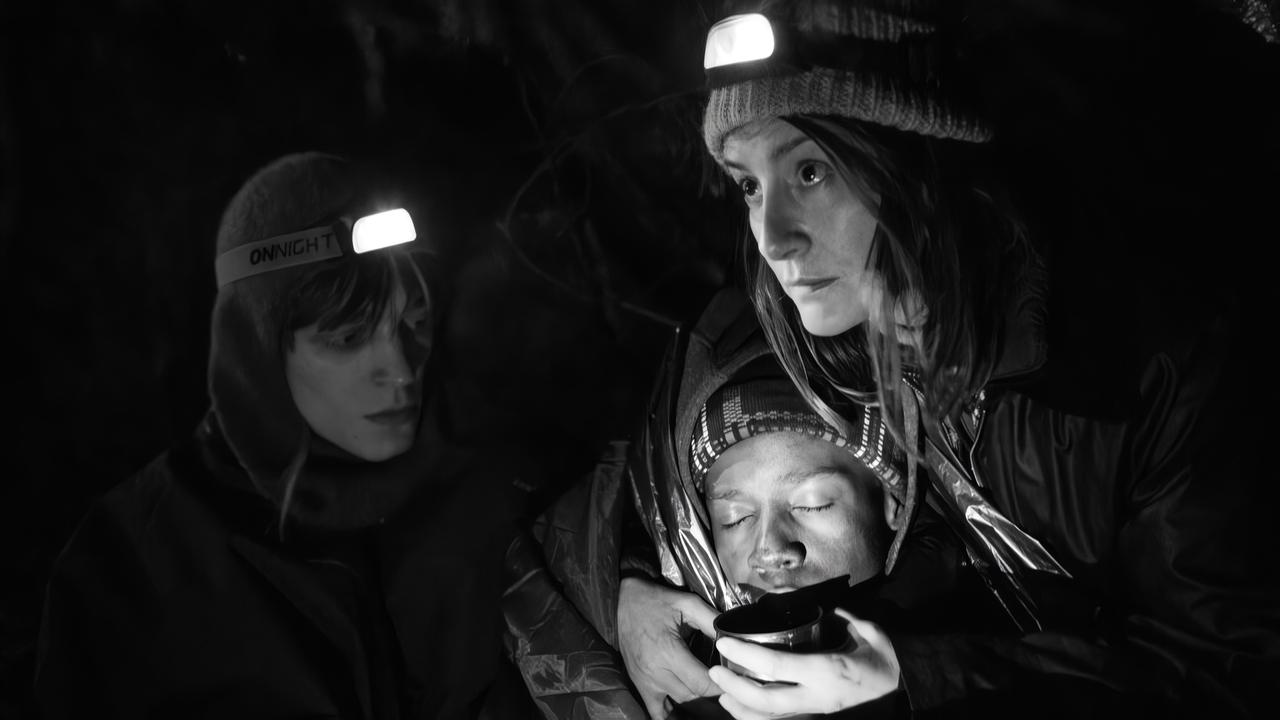This is the second film I've seen this week with Tomasz Wlosok. Earlier, he was in Julia von Heinz's tragic-comedy "Treasure" (2024) with a far lighter and fluffier role than he has here, as a Polish border guard. He is part of a team charged with repelling refugees trying to cross into the EU from Belarus. On that front, we are introduced to travellers who have been lulled into thinking their flight from Syria and Afghanistan will be a dawdle. An expensive one, yes, but a straightforward flight to Minsk on a comfortable Turkish aircraft then a bus to Poland thence on to wherever. Sadly, they soon realise that their bought-and-paid-for journey merely inserts them into a game of human table tennis between the military on both sides of a border - only it's coiled barbed wire rather than a net. It doesn't matter what their predicament - injured, pregnant, old, vulnerable - they are systematically robbed, starved and dehydrated. There is some hope for them, though, as Polish activists try to help them and get them on the register for asylum. That, however, requires that they be reported to the police and then to the guard and so we are back with handsome Tomasz ("Jan") again. Their journey is riddled with peril and that's harrowing at times, but somehow not quite so difficult to stomach as the behaviour of the people in uniform bending or breaking the rules from above to ensure a minimum of these people ever made it past the forests of the 250-odd miles of border. Politics plays it's part too - the government of one nation accused of using these people as "live bullets", the other of sowing seeds of dissent within an EU where rising nationalism is polarising societal attitudes. In the end, it is a really rather brutal assessment of human nature at it's worst whilst also illustrating just what lengths decent folks will go to, and the risks they will take, to do what they feel is right. The intensity of the camerawork - especially in the woods, and the audio editing give this an added piquancy that makes their plight all the more terrifying, frustrating and deadly. I didn't quite get the point of the anecdote at the end. I'm not sure that concluding assertion took into consideration the historic cultural and traditional links between neighbouring Poland and Ukraine as distinct from those fleeing from Syria, but it does offer us considerable food for thought on what is the right thing to do without imposing director Holland's personal view too overwhelmingly on the issues faced by countries that might be legitimately concerned about the impact on their nation, economy and culture of large scale migration. It's not an easy film to watch, it's violent and nasty - but compelling.
